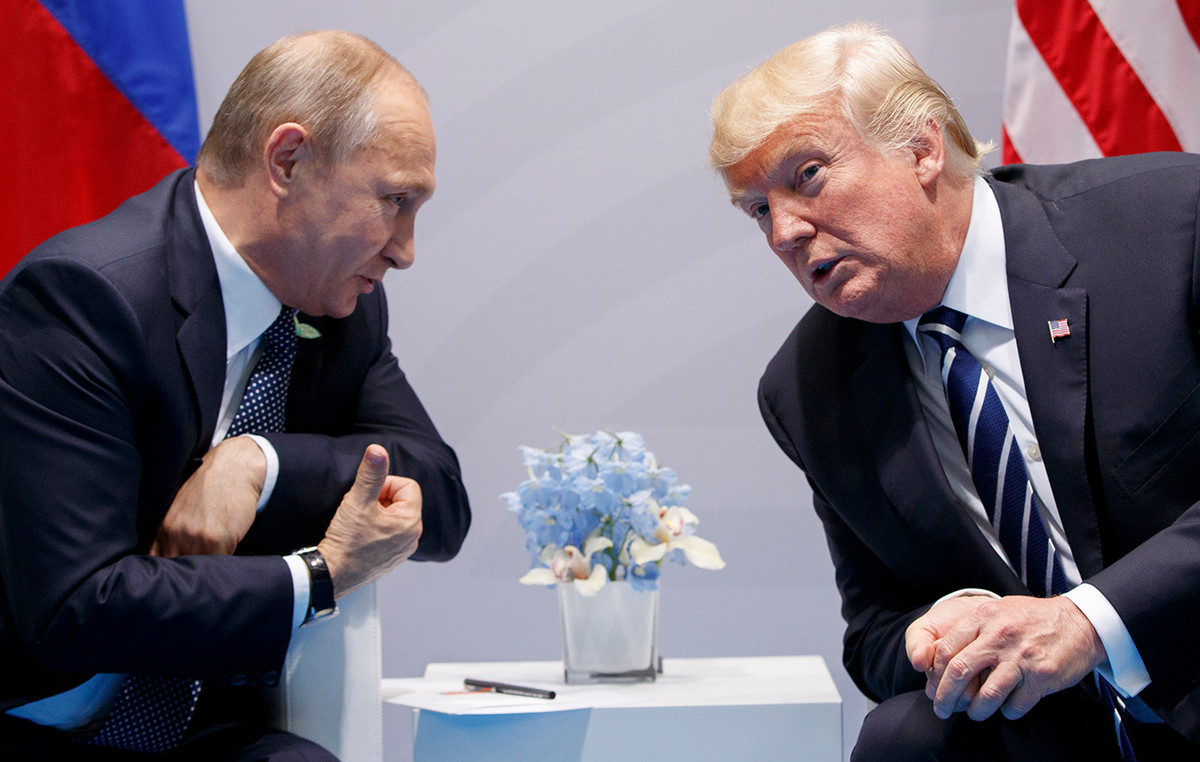Joe Biden’s performance in the US presidential debate CNN against Donald Trump raised concerns among US allies – particularly in NATO and Europe.
These concerns, to be clear, are not about whether or not Biden is fit to make decisions. They are not worried about him implementing dangerous policies or taking dramatic actions internationally – always a factor when talking about the person responsible for the world’s most powerful military, nuclear arsenal and largest economy.
The common view among US allies is that Biden is a sensible man who surrounds himself with sensible people and who, no matter what happens, will continue to make rational and reasonable decisions.
Nor is the concern that Biden’s staggering, sometimes incomprehensible performance has guaranteed Trump a second term. The prospect of a Trump comeback is a concern, but it is already embedded in the thinking of allies.
Europe in particular never really got over Trump 1.0 and has maintained the view since 2020: if it happened once, it could happen again. This has been at the heart of European strategic thinking since Trump took office in 2016 and has continued during Biden’s presidency.
America’s allies are concerned that the most powerful country on the planet will not be able to provide what they most desire: stability.
Removing a candidate so late in the election cycle, diplomats fear, could undermine the entire process. It could allow adversaries like China and Russia to attack the US democratic system, making it appear weak compared to its autocracies, where strong men firmly control power.
It may seem trivial, but diplomacy at this level is often seen in zero-sum terms: something bad or embarrassing for the West, especially the powerful US, is good for its enemies.
These small displays of supposed weakness create openings for adversaries to spread propaganda, sowing divisions in the US and the West itself through disinformation.
These risks would be serious enough to remove a candidate, but imagine if these rumors occurred after Biden had secured a second term. The constant speculation about his ability to govern at home and abroad may be politically unfounded, but it would undoubtedly create division, distrust and panic throughout his second term.
What could this mean materially? Would Biden be able to approve things like aid to Ukraine in the House? Would he have the political capital to take potentially unpopular steps in the Middle East or Indo-Pacific if those regions destabilized further? And would a question mark over the White House’s power encourage America’s global adversaries to act more aggressively in their own backyards? Facing all these challenges effectively requires stability.
Which brings us back to Thursday night (27). The world watched an elderly man struggle to speak eloquently or coherently. Whether you’re a supporter or an opponent, this performance raises legitimate questions about whether or not he’s too old for the job he wants to continue doing.
Stability means more than policy consistency. If the noise and doubts about Biden’s ability to govern continue, allies fear he will be unable — fairly or unfairly — to deliver the stability the West desperately needs at an uncertain time.
Source: CNN Brasil
Bruce Belcher is a seasoned author with over 5 years of experience in world news. He writes for online news websites and provides in-depth analysis on the world stock market. Bruce is known for his insightful perspectives and commitment to keeping the public informed.







